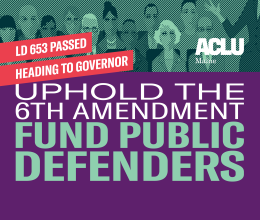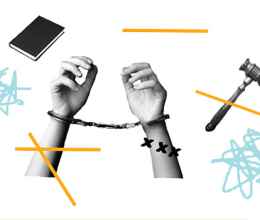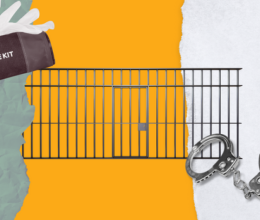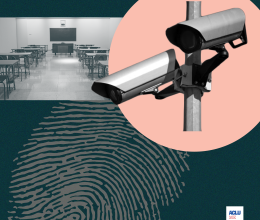I heard a lot of talk about "wasting the taxpayer's dollars" this session, mostly in the context of "welfare fraud" and the need to reserve benefits for "our people," i.e. U.S. citizens. No one repeated this refrain more than the Department of Health and Human Services (DHHS), an agency whose enabling statute includes the following guiding principles:
A. Improve the health and well-being of Maine residents, with this goal guiding all decisions, programs and services of the department;B. Treat consumers with respect and dignity;C. Treat service providers with professionalism and collegiality;D. Value and support department staff as the critical connection to the consumer;E. Involve consumers, providers, advocates and staff in long-term planning;F. Use relevant, meaningful data and objective analyses of population-based needs in program planning, decision making and quality assurance; andG. Deliver services that are individualized, family-centered, easily accessible, preventive, independence-oriented, interdisciplinary, collaborative, evidence-based and consistent with best practices.
DHHS seems to have decided that the best way to save taxpayer money is to cut public benefits for needy families. DHHS routinely supports policies that would quite literally make people homeless. Based on some of its proposed bills, it doesn't seem like treating consumers with respect and dignity is high on the list of DHHS priorities. Indeed, the director of the department's Office for Family Independence recently stated that she assumes people who refuse to submit to drug tests would fail. Never mind the fact that in other states with similar drug testing regimes, consistently less than one percent of recipients fail drug tests - it seems guiding principle G is accumulating dust as well.
Meanwhile, DHHS lost millions in federal funding used to run a pyschiatric center due to failing safety standards, and most recently lost an appeal because they missed the filing deadline. This taxpayer hopes the department will spend less time demonizing poor people and more time reading its statutory guidelines.







